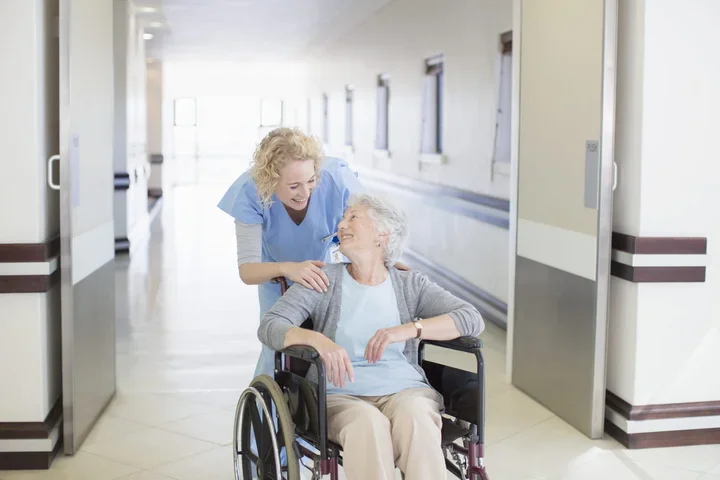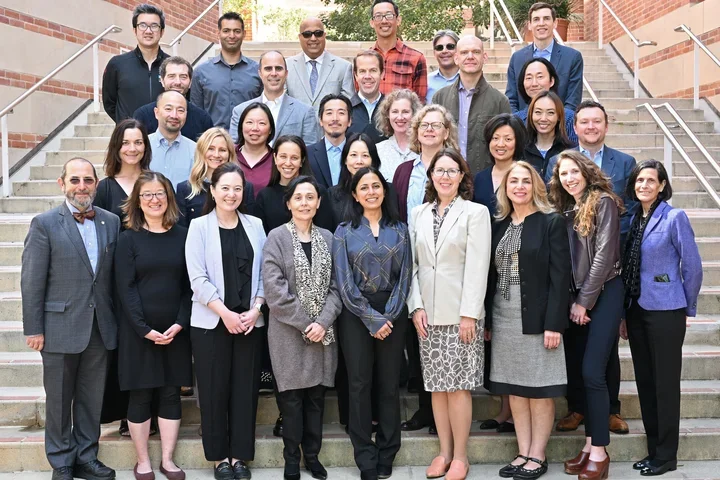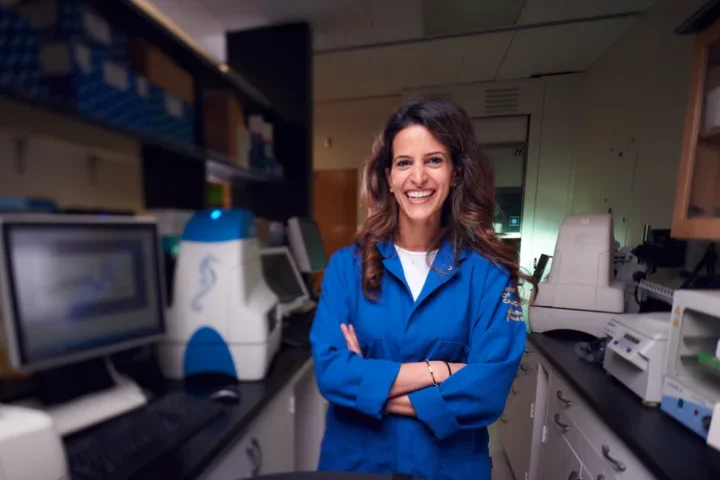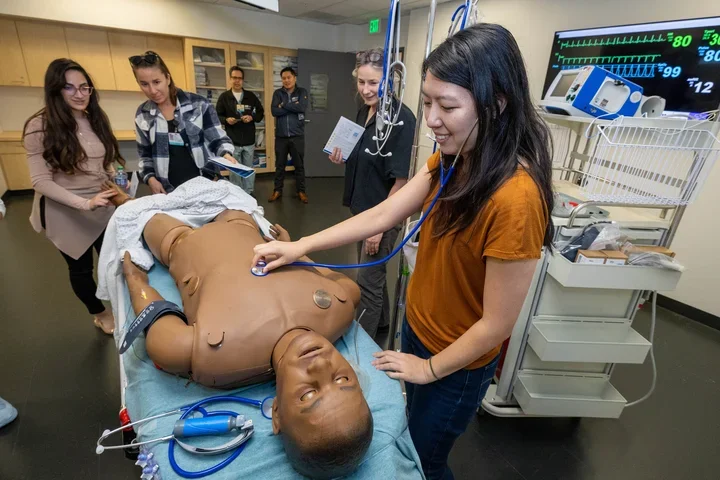What Does a Hematologist Oncologist Do?
A UCLA Doctor Explains
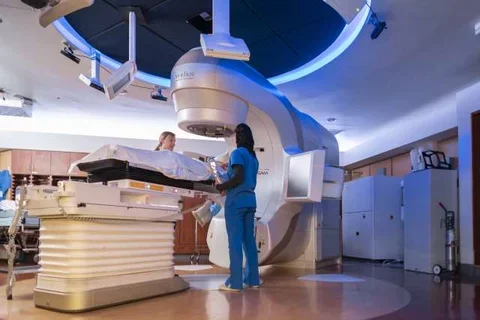
A Day in the Life of Dr. Gary Schiller, Professor of Hematology Oncology
Gary Schiller, MD, professor of hematology-oncology at the David Geffen School of Medicine at UCLA (DGSOM), explains that hematologist-oncologists diagnose and treat blood cancers and conduct clinical research.
Becoming a Hematologist Oncologist
In the United States, a career in hematology-oncology begins with a post medical school general residency, often in internal medicine or pediatrics.
After the general residency, students participate in a three-year fellowship to get specialized hematology training. According to the American Society of Hematology, hematology-related fellowships include hematology-oncology, adult hematology, coagulation, pathology, and pediatric hematology-oncology. (There are no pediatric hematology-only programs.)
Dr. Schiller says hematology-oncology appeals to students with an affinity for the basic sciences but who also want to take care of patients with serious illnesses.
"To do well in this field, you can't be afraid of serious conversations. A healthy dose of spirituality is helpful," he says. "Our patients confront life-threatening illnesses and often need spiritual support. You can't leave it all to the (hospital) chaplain. You've got to have some of it in you, too."
Hematology Covers a Broad Range of Medical Interests
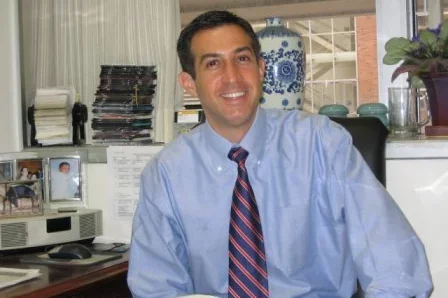
When he was a medical student, Dr. Schiller took his time selecting hematology as a specialty, but once he made his decision, he never looked back.
"Cardiology and hematology both draw similar personalities—those who are energetic and intervention-oriented—but it was really the bone marrow itself that drew me in," he says. "It's one of the largest, most diverse organs in the body, which means that hematology presents clinicians with an extremely broad range of diseases and interventions."
Clinical research always intrigued Dr. Schiller, even early in his career. Today, he has many duties as a clinician, faculty member, and administrator, but research remains a cornerstone of his work. "I currently have 40 trials under my purview, so running my lab is a huge part of what I do," he says. "These trials focus mainly on two diseases: multiple myeloma and acute myeloid leukemia."
Life as a Hematologist Oncologist
Dr. Schiller covers inpatient hematology-oncology service for two months a year. During these months, he makes patient rounds from around 8:30 am to 11:30 am each day. He usually spends the middle of the day in his lab, working on research-related paperwork. After that, he holds clinical hours. "About three-fourths of our clinical work is on the outpatient side, despite the life-and-death nature of our work," he notes.
Dr. Schiller spends the evenings at home, writing papers and preparing for professional meetings while spending some quality time with his family. "As all-encompassing as this career is," he says, "it's important to make time to see your family."
Even when he is not on service, Dr. Schiller keeps clinical hours three afternoons per week, and he is on call for his outpatients 24/7 unless he is traveling. Additionally, there are always students, residents, and fellows to oversee.
Dr. Schiller notes that hematologists in academic medicine rarely work nights thanks to in-house trainee coverage. "That's not true in private practice, though," he notes. "Patients tend to run fevers at night, so that's when they come into the ER."
Dr. Schiller finds doctor-patient relationships the most appealing aspect of life as a hematologist-oncologist.
"I like to be deeply involved in all levels of patient care, and I want to have longitudinal relationships with my patients," he says. "And the pace of progress in our field has been serendipitous for our patients and exciting for us."
(What Does a Radiation Oncologist Do? Click the link to learn more...)
